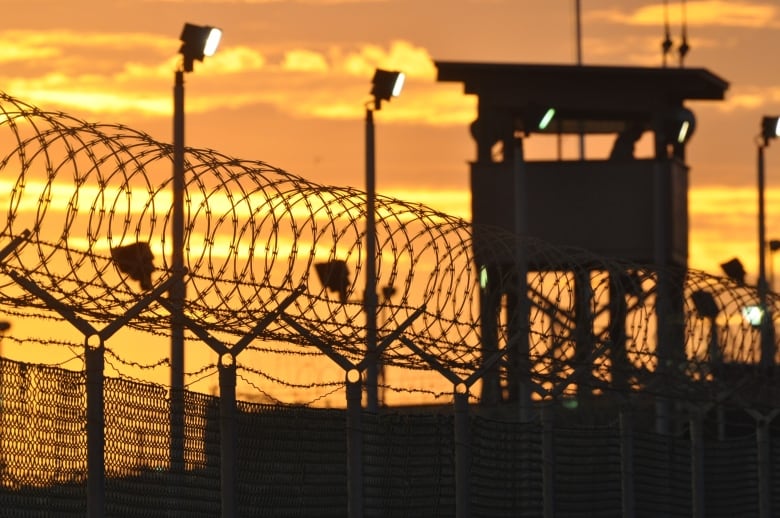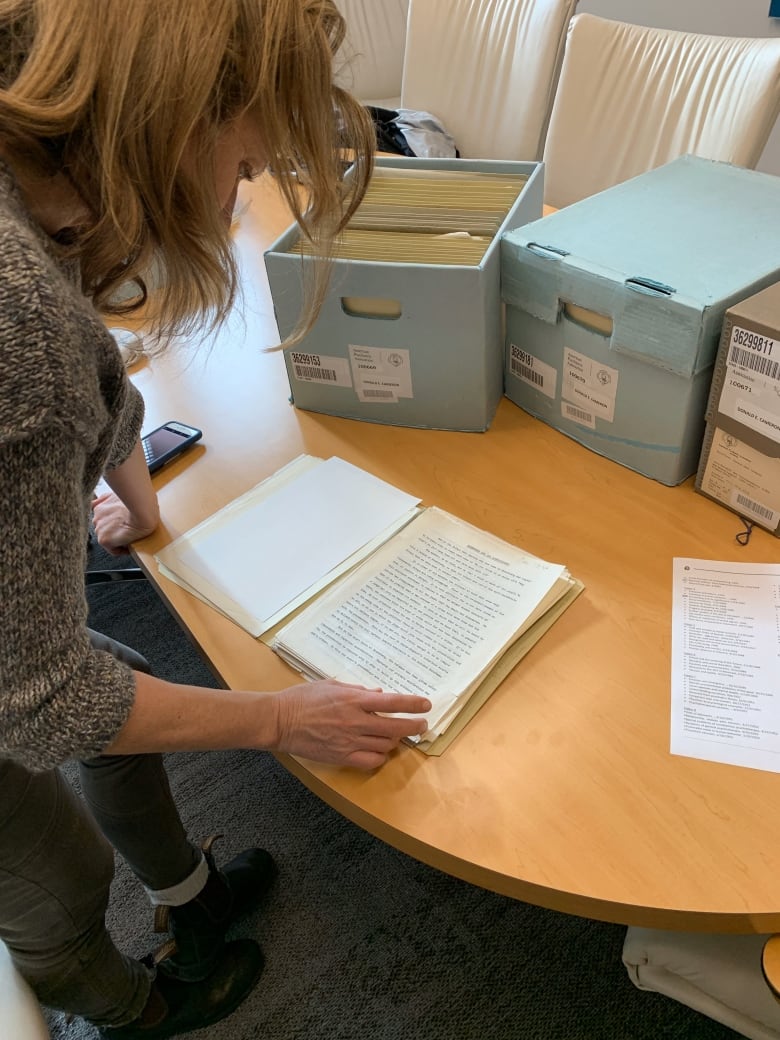‘Brainwashed’ podcast reveals the shocking true story behind a prolific conspiracy theory
In a world where “it is getting more and more difficult to sort fact from fiction,” it’s crucial to dissect popular conspiracies and hold governments accountable, said Michelle Shephard.
Brainwashed, the new CBC Podcast co-produced with The Fifth Estate and hosted by Shephard, shines a light on one of the most notorious conspiracy theories of all time. The podcast delves deep into the twisted, unbelievable story of the CIA’s mind control experiments between the 1950s and ’60s, also known as ‘Project MKULTRA.’
Can you explain the story you’re telling with Brainwashed?
It’s essentially the story of the CIA’s quest at controlling people’s minds. It sounds so Orwellian, but that was the goal of the notorious MKULTRA program during the Cold War. What actually happened – the experiments on unwitting psychiatric patients in Canada, or the sensational programs such as “Operation Midnight Climax” in the U.S., where sex workers were paid to give LSD to clients – is hard to believe, but it’s true. And tragically, what we were able to track is that these brainwashing experiments, in various forms, have never really stopped. So our podcast starts in the 1950s and ’60s, takes listeners through the ’80s, into that dire post-9/11 period, and up until today.
What are you most excited for people to learn about upon hearing the series?
Reality. I don’t mean to sound glib, but we’re living in this post-truth world right now and MKULTRA is the darling subject of the conspiracy theorists. So this feels like a respectful nod to them – an acknowledgement that yes, there are times when governments engage in a gross abuse of power and here’s a journalistic, verified take on what happened, what still happens, and an argument as to why we need accountability so it stops. By exposing these real life tragedies in a respectful way and I’m hoping by doing that, we can also refute the insane hyperbole and conspiracies that exist virtually.
Yes, there are times when governments engage in a gross abuse of power and here’s a journalistic, verified take on what happened.– Michelle Shephard, host, Brainwashed
Brainwashed is a pivot from your last podcast with us (Uncover: Sharmini) — what drew you to this project?
The Sharmini podcast was quite personal, but outside my wheelhouse of what I’ve been covering in the last 15-20 years. Since 9/11, my focus has been on national security issues so when I was asked to help with a podcast that involved the CIA, I was really excited, and it felt like comfortable terrain. The original podcast idea was thanks to Lisa Ellenwood, an amazing CBC producer with The Fifth Estate, who had helped produce MKULTRA TV documentaries.
What’s your history with reporting on this subject matter?
My history is really modern day history, beginning with the night of Sept. 11, 2001, when I reported from New York City. For the next couple decades I dug into the so-called War on Terror as a foreign correspondent for the Toronto Star, traveling to Guantanamo Bay more than two dozen times and various conflict zones around the world including Somalia and Yemen. Covering intelligence agencies, especially the CIA and CSIS in Canada, was part of the beat.

As someone who’s been steeped in this story for so long, was there anything that surprised you during the making of Brainwashed?
Actually… a lot. I feel a bit sheepish that I didn’t know the history of MKULTRA very well, especially the Canadian connection. And I was so surprised to see how it really laid the groundwork of so much of what I covered in the aftermath of 9/11. The old adage of history repeating itself? Well, it turns out it’s true. Also some of the programs – like that “Operation Midnight Climax or the notion that the CIA essentially brought LSD to the U.S? I was like, come on, that’s not true. And.. it is.
What’s the relevance of a story like this in 2020?
It’s a really important story for the time we’re living in, when it is getting more and more difficult to sort fact from fiction. We’re also mired again in a time of fear and uncertainty. And what this podcast is a great example of, is the perils of living in that state – not just fearing the threat we face, but because of the hysteria fear causes, which makes people are more likely to turn a blind eye to abuses of power.

Why is it important to you that this story get told on the global stage?
This is an international story. While we begin in a Montreal psychiatric hospital and there is a strong, relatively-unknown Canadian connection, we take listeners around the world, through history, into Latin America and around the world to the network of the CIA’s Black Sites.
How difficult was it to have such dark, often troubling conversations with people?
It is devastating listening to the stories of some of these families, still broken by what happened decades ago. The trauma is truly generational. I mainly feel bad about asking people to recount what they’ve been through – and just so thankful that they did and were so gracious with their time. It’s important to tell these stories widely, to try to stop something like this from happening again.
*** This article has been archived for your research. The original version from CBC.ca can be found here ***


